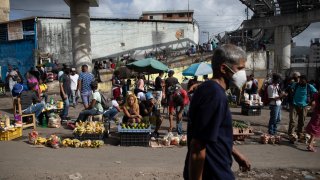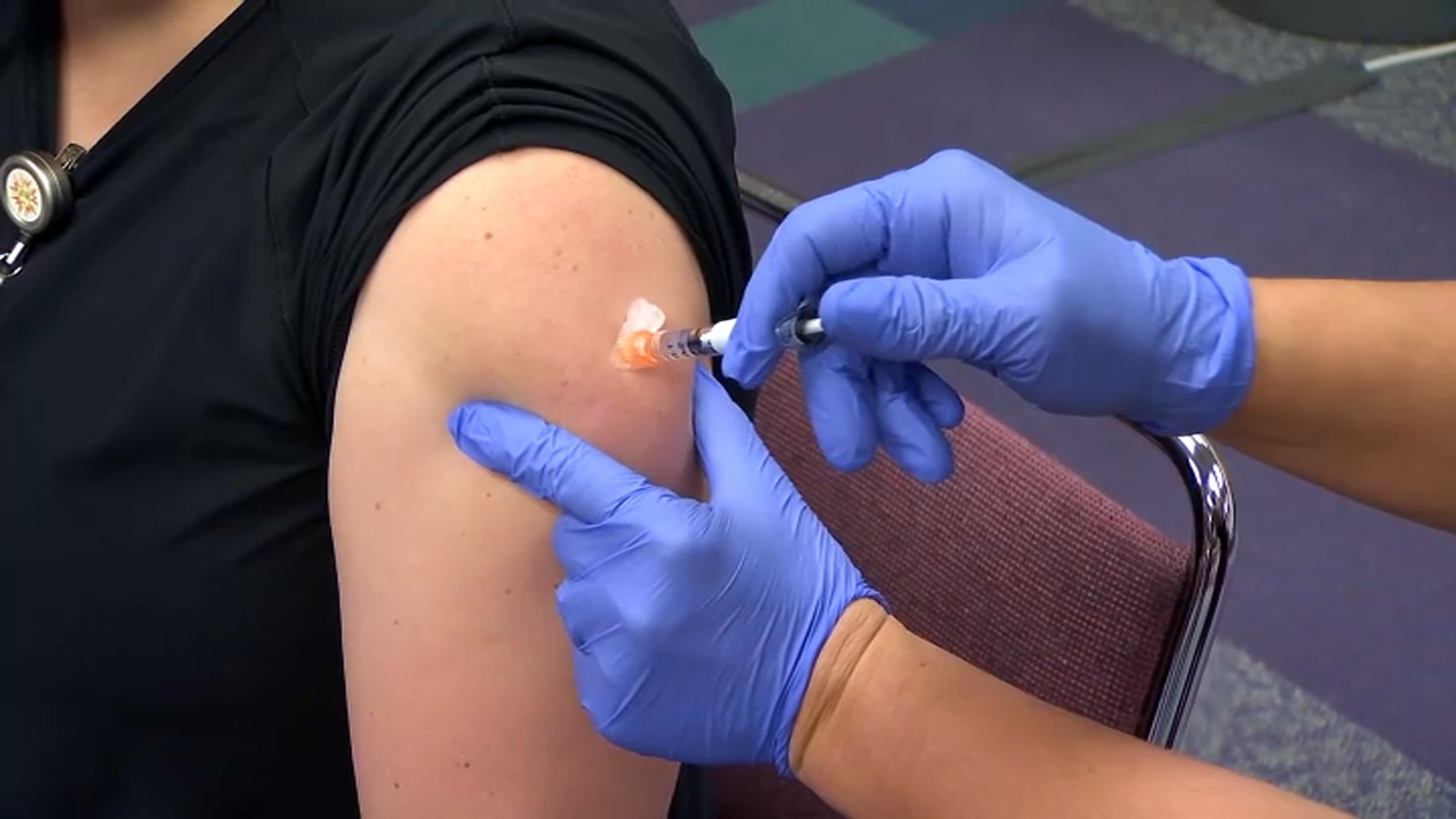
The U.S. government on Monday moved to ease a crippling sanction imposed by the Trump administration on Venezuela by allowing companies to export propane to the troubled South American country, a step that could mitigate a shortage that has pushed people to cook on charcoal or wood grills.
The Biden administration's policy decision of wide impact in Venezuela comes as the socialist government of President Nicolas Maduro has begun to allow foreign aid into the country and taken other steps to signal it is willing to engage with Washington.
The license from the U.S. Department of the Treasury authorizes non-U.S. companies to export liquefied petroleum gas to Venezuela without risking sanctions. The authorization is valid for one year.
“It is obviously a humanitarian gesture to the Venezuelan government because in the country with the largest oil reserves in the world, people are cooking with wood on wood stoves instead of with propane,” said Russ Dallen, managing partner at Caracas Capital Markets.
Get top local stories in Connecticut delivered to you every morning. >Sign up for NBC Connecticut's News Headlines newsletter.
But the U.S. move was announced on the same day that opposition leaders claimed to have been the targets of Maduro’s security forces. “The timing could not have been worse” for Washington, Dallen said.
Maduro’s opposition in a statement accused armed security forces of seeking to detain leader Juan Guaidó. The bloc said security forces also arbitrarily detained a former congressman.
Guaidó told reporters from the basement of his residence in Caracas that members of the Venezuelan security forces intercepted his vehicle and threatened to arrest him. He said the agents “pointed long weapons” at the vehicle and ordered him to open the doors, but then withdrew amid protests from neighbors.
U.S. & World
“The intimidation has never stopped us,” said Guaidó, who is considered by the U.S. and dozens of other nations to be Venezuela’s legitimate leader and has previously negotiated humanitarian aid.
Venezuela’s government did not respond to requests for comments on the sanctions.
The Treasury Department has previously relaxed other measures, including granting licenses for six teams of the Venezuelan Baseball League so that MLB players could participate in the local tournament and issuing other licenses that allow the Central Bank of Venezuela to carry out certain transactions related to the coronavirus pandemic.
Attorney General Tarek William Saab tweeted a statement that did not address Guaidó's accusations but said former Congressman Freddy Guevara was arrested “due to his association with extremist and paramilitary groups associated with the Colombian government.”
“This citizen, who has had a public record in participating in acts of violence in the past, will be charged with the crimes of terrorism, attack against constitutional order, conspiracy to commit a crime and treason,” according to the statement.
Guevara in September left the residence of the Chilean ambassador in Caracas after receiving a presidential pardon along with several other members of the opposition. He had taken refuge in the embassy since 2017, when he he and dozens of other opposition lawmakers faced charges for leading violent protests.
Julie Chung, acting assistant secretary for state for Western Hemisphere affairs, criticized Venezuela for the latest acts against the opposition.
“We strongly condemn the arrest of Venezuelan Congressman @FreddyGuevaraC and threats against Interim President @jguaido in Venezuela,” she said on Twitter. "We urge the international community to join us in condemning these acts and demanding the release of all those detained for political reasons.
Under President Donald Trump, the U.S. government imposed crippling sanctions seeking to isolate Maduro. Those restrictions have made it difficult for Venezuela to develop, sell or transport its oil — the backbone of its economy.
Despite Monday's move by the Biden administration, several stiff sanctions remain in place, keeping Venezuela in a strangle hold. The European Union has also imposed sanctions.
A U.N. report issued last week noted that sanctions add to the problems in Venezuela, which is mired in a deep political, social and economic crisis attributed to plummeting oil prices and to two decades of mismanagement by socialist governments. It has been in recession for years. Millions live in poverty amid high food prices, low wages and hyperinflation.
“Venezuela is facing extreme shortages of LPG, which the majority of Venezuelans rely on to cook meals,” the U.S. Treasury Department said in a statement. “While Venezuela has historically been able to meet consumer demand through domestic production, years of mismanagement by the Maduro regime and Petróleos de Venezuela, S.A. (PDVSA) have contributed to the present shortfall. In an effort to promote a short-term solution to this problem, Treasury is issuing this time-limited authorization for the exportation of LPG.”
___
Garcia Cano reported from Mexico City.



